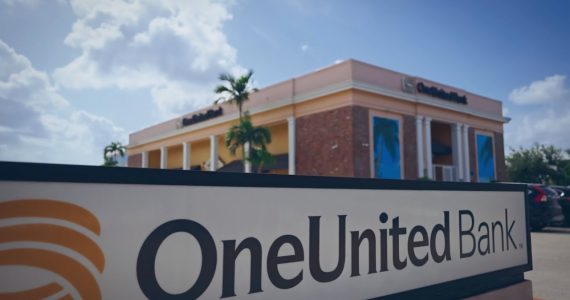Reverse mortgages often spark curiosity and confusion, especially when it comes to their implications after a homeowner’s death. It’s understandable why many wonder if a reverse mortgage goes through probate, as this question arises from the complex nature of reverse mortgages and their unique impact on estate planning.
Here’s a clear breakdown of what happens to a reverse mortgage in probate and debunking some common myths associated with it.
What Is a Reverse Mortgage?

A reverse mortgage is a financial arrangement designed for senior homeowners, allowing them to access the equity in their home without making monthly mortgage payments. Instead of repaying the loan in monthly installments, the homeowner receives funds—either as a lump sum or through periodic payments. Repayment of the loan occurs only when specific events take place, such as the homeowner’s death or the sale of the property.
Does a Reverse Mortgage Go Through Probate?
When addressing whether a reverse mortgage goes through probate, it’s crucial to understand the dynamics of these loans:
- Loan Balance Due Upon Death – The reverse mortgage balance becomes due when the borrower dies. The estate or heirs are responsible for settling this balance. They can do this by repaying the loan, selling the property, or potentially providing a deed in lieu of foreclosure.
- Non-Borrowing Spouses – If the homeowner’s spouse is a non-borrowing spouse, they may not face immediate repayment obligations. Federal regulations allow the surviving spouse to remain in the home under certain conditions, delaying repayment.
Misconceptions About Reverse Mortgages and Probate
Let’s clear up some myths surrounding reverse mortgages and their relation to probate:
Myth 1 – The Spouse Will Be Burdened With Loan Repayment
False. A non-borrowing spouse may have the option to defer loan repayment. To qualify, the spouse must have been married to the borrower at the time of the loan’s inception and must continue to meet certain criteria set forth in the mortgage agreement.
Additionally, the spouse must prove legal ownership of the property within a specified timeframe and adhere to any ongoing requirements, such as maintaining homeowner’s insurance.
Myth 2 – The Home Is ‘Signed Away’
False. The home remains part of the borrower’s estate. Upon the borrower’s death, the heirs have options. They can repay the loan balance to retain ownership or choose to sell the property. The lender cannot foreclose if an eligible non-borrowing spouse is living in the home and has deferred repayment.
Myth 3 – Heirs Are Responsible for Repaying the Loan

False. The heirs’ responsibility to repay the reverse mortgage is limited. The lender’s recourse is typically confined to the property itself. If the heirs wish to retain the home, they must repay the loan balance in full. Alternatively, they can sell the property or opt for a deed in lieu of foreclosure. In cases where the home sells for more than the loan balance, the surplus may be available to the heirs. However, accruing interest might reduce the likelihood of a surplus.
Myth 4 – Reverse Mortgage Lenders Are Untrustworthy
False. Reverse mortgages come with various safeguards to ensure transparency and trust. Loans insured by the Department of Housing and Urban Development (HUD) require strict compliance with federal regulations. Prospective borrowers must undergo counseling by HUD-approved agencies to fully understand their rights and obligations, ensuring that they are well-informed before entering into the agreement.
Understanding whether a reverse mortgage goes through probate involves recognizing the nuances of this financial product and how it interacts with estate planning. While reverse mortgages provide valuable financial flexibility for seniors, it’s essential to navigate these loans with clear knowledge of their implications for estate and probate.
By dispelling common myths and understanding the actual procedures, homeowners and their families can make informed decisions that align with their financial and estate planning goals.




